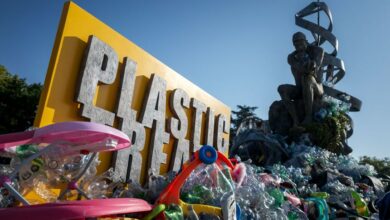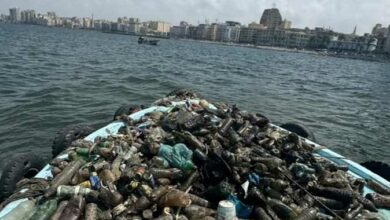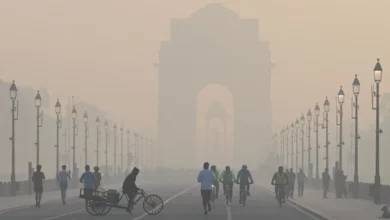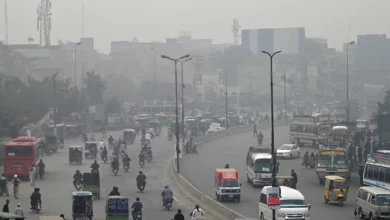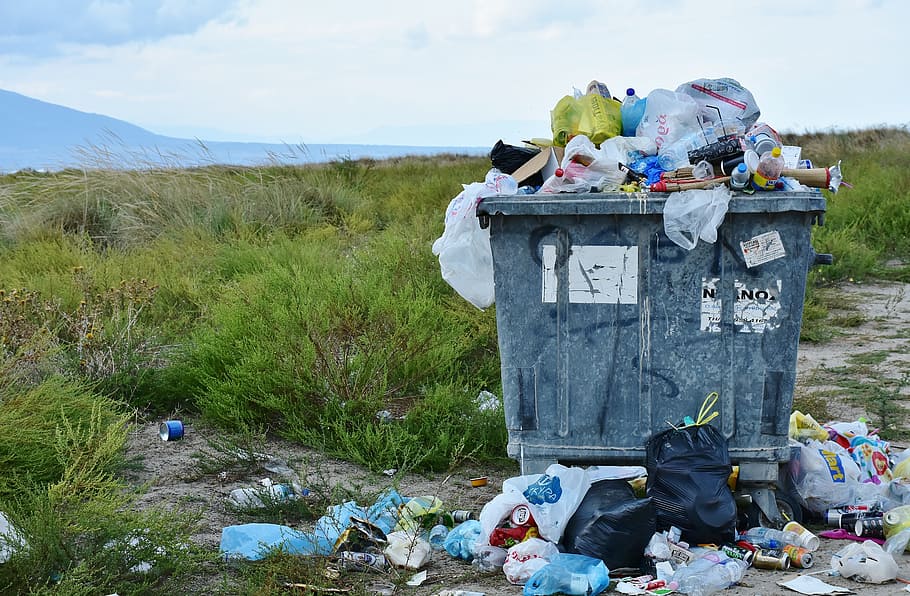
Researchers have discovered tiny pieces of plastic in the most remote parts of the world — from the depths of the ocean to the Arctic snows — and now nano particles of plastic are even being found in our bodies, where we breathe and accidentally ingest fine particles of the material through polluted drinking water, food, and air every day.
A recent study from the World Wildlife Fund (WWF) concluded that individuals could be eating the equivalent of a plastic credit card per week, mainly through the consumption of polluted drinking water, as well as in foods such as shellfish.
In a week, we consume the equivalent of a plastic bottle cap, and in six months, we consume the equivalent of a heaping bowl of breakfast cereal in plastic. This may not seem like a large amount, but the plastic we accidentally consume may accumulate at the current rate of consumption, with the volume of what a person consumes in plastic products reaching 2.5 kilograms in 10 years.
During a person’s lifetime, he or she will probably consume about 20 kilograms of fine plastic particles.
“We don’t quite know the health effects of eating plastic nano particles,” said Thava Palanisami, from the University of Australia, Newcastle, who participated in the study conducted by the WWF.
“All we know is that we eat it, and it may cause poisoning. This is definitely worrisome,” he stressed.
Meanwhile, Egypt’s government has attempted to address the potentially devastating impacts of climate change in the country and reduce plastic waste, with the Red Sea Governorate beginning to use eco-friendly alternative bags made of paper, cloth and other materials.
Governor of the Red Sea governorate Major General Ahmad Abdallah said the decision to ban the use of plastic bags is intended to protect wildlife and marine life and to preserve endangered species, which have been severely impacted by plastic use, either through ingestion of plastic products, suffocation, or poisoning by plastic residues.
He added that the decision prohibits the use of plastic bags in food shops, which includes restaurants, supermarkets, and smaller grocery stores. It also prohibits the use of plastic disposable tableware.
During the UN Climate Change Conference COP25 held December 2-13 in Madrid, Environment Minister Yasmine Fouad stressed the importance of providing funding to less-developed countries, which she says is critical to renewable energy projects and climate change adaptation strategies in the developing world.
The potential impacts of climate change in Egypt — brought on by considerable loss of agricultural land and rising temperatures — are difficult to ignore. They include reduced crop yields, food insecurity, and water stress, with rising sea levels also threatening coastal populations in the country.
Edited translation from Al-Masry Al-Youm

